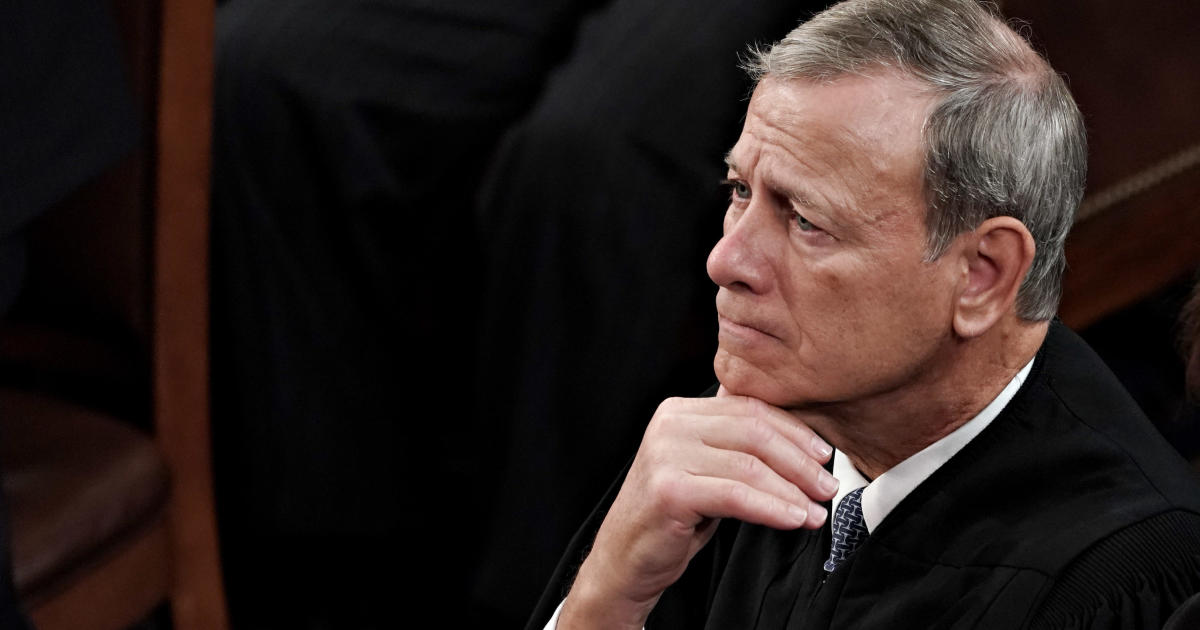Chief Justice John Roberts declined a request from Senate Judiciary Committee Democrats for a meeting to discuss ethics issues at the Supreme Court following controversy surrounding flags flown outside of Justice Samuel Alito’s homes. In a letter to Judiciary Committee Chairman Dick Durbin and subcommittee head Sen. Sheldon Whitehouse, Roberts cited separation of powers concerns and the importance of preserving judicial independence as reasons for not meeting with lawmakers. He stated that outside of ceremonial events, he rarely meets with lawmakers, particularly with only one party that has expressed interest in matters before the court.
Durbin and Whitehouse had sent a letter to Roberts in response to reports that an upside-down flag flew outside of Alito’s Virginia home in January 2021 and an “Appeal to Heaven” flag was displayed outside his vacation house in New Jersey in the summer of 2023. These flags were associated with the rioters who breached the U.S. Capitol building on Jan. 6, 2021, and the “Stop the Steal” movement, leading to backlash from Democrats. The lawmakers had also urged Roberts to ensure that Alito recused himself from cases involving former President Donald Trump and the Capitol attack.
Two cases currently pending before the Supreme Court involve issues related to the Jan. 6 attack and Trump’s immunity from federal prosecution for acts while in office. Alito, in response to Democrats’ calls for recusal, stated in letters that he would not step aside in these cases and that he was not involved in the flying of the controversial flags. He maintained that the incidents did not warrant his recusal under the Supreme Court’s code of conduct, which was adopted in November. Alito stated that a reasonable person not motivated by political or ideological considerations would not find the events sufficient for recusal.
Democrats had raised concerns about the flags flown outside Alito’s residences and called for his recusal from cases involving Trump and the Capitol attack. However, Alito defended his decision not to recuse himself, citing the lack of merit under the Supreme Court’s code of conduct. The controversy surrounding the flags and calls for Alito’s recusal highlight ongoing tensions and ethical considerations at the Supreme Court, particularly in cases involving politically sensitive issues.
In declining the request for a meeting with Senate Judiciary Committee Democrats, Chief Justice John Roberts emphasized the importance of judicial independence and separation of powers. The refusal to engage in discussions with lawmakers from one party underscores the complexities and challenges faced by the Supreme Court in navigating politically charged issues. The controversy surrounding Justice Alito’s flags and recusal calls serve as a reminder of the delicate balance between judicial ethics, public perception, and the court’s role in interpreting the law.









